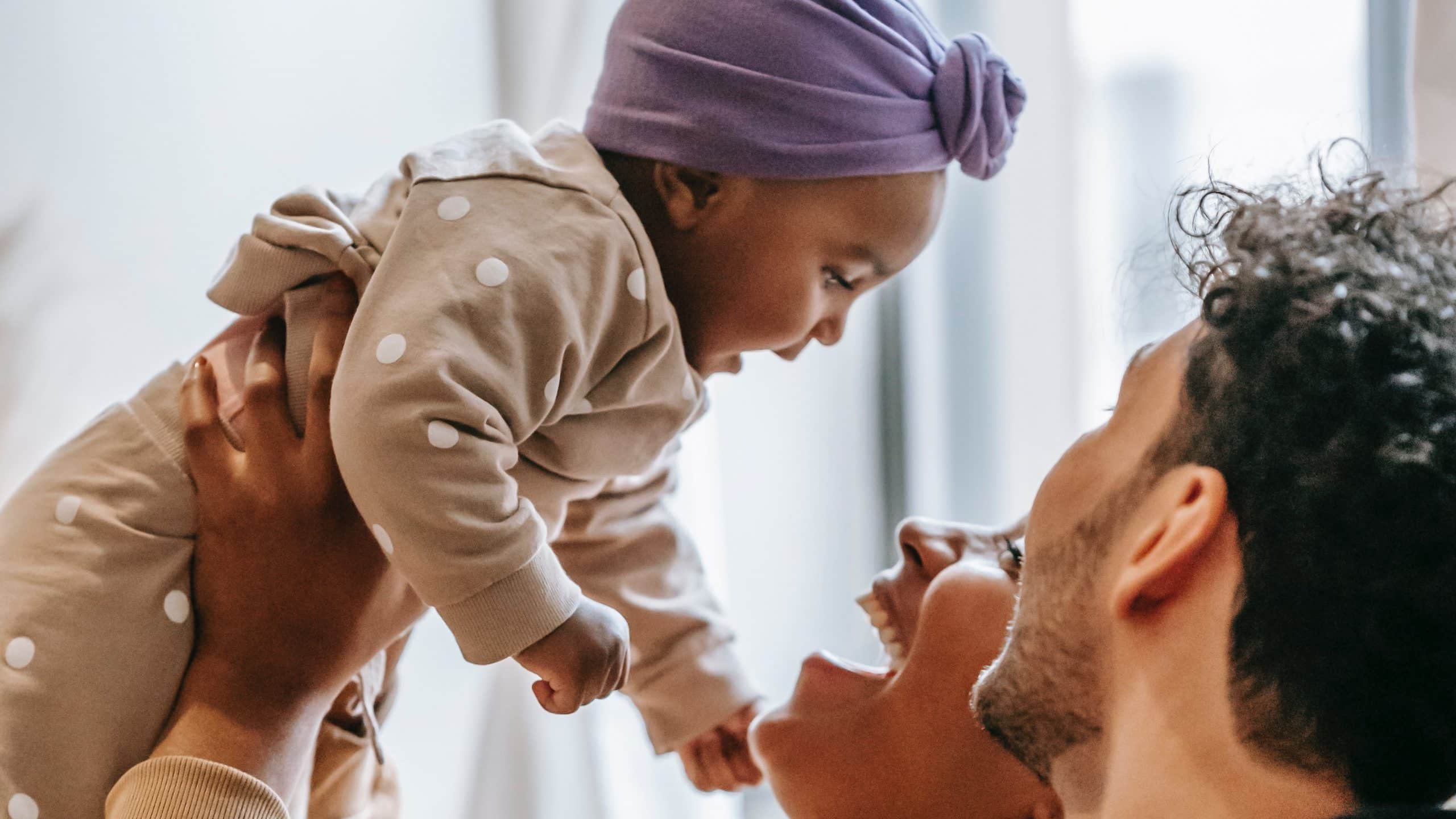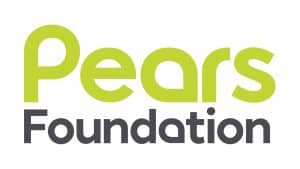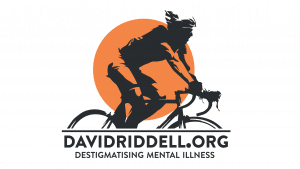Infant Mental Health describes the social and emotional wellbeing and development of children in the earliest years of life.
Just like all other children and young people, babies experience a range of emotions in response to what happens in their lives. Although they cannot recognise and describe it to us, babies can feel happy and secure, or stressed and distressed.
Babies are completely dependent on their parents or caregivers for survival. Similarly, their mental wellbeing and emotional development relies on their caregivers and their earliest relationships.
Young babies need sensitive, responsive adults to help them to bring difficult emotions under control (for example, through soothing them when they cry). Parents’ responses shape how babies experience their emotions and how they learn to regulate and express these emotions. Early relationships also set a template for how babies begin to think about themselves and others.
Babies’ mental health matters
Babies’ mental health matters, just as all children’s mental health matters, because we want our children to feel content, safe and secure to explore the world around them.
It also matters because it lays the foundations for later health and wellbeing. A wealth of research shows a strong connection between early social and emotional wellbeing, and parent-infant relationships, and a wide rage of later mental and physical health outcomes.[1]
‘…the pathway followed by each developing individual and the extent to which he or she becomes resilient to stressful life events is determined to a very significant degree by the pattern of attachment developed during the early years.’
John Bowlby[2]
By strengthening parent-infant relationships and therefore protecting and promoting babies’ mental health, we have an opportunity to put more children on a positive developmental trajectory, better able to take advantage of other opportunities that lie ahead. Without such support we risk exposing children to unnecessary suffering and increase the need for later mental health support.
So, what needs to happen?
Supporting early relationships requires a coordinated system of services and support to be available, ranging from universal support for all families, to targeted and specialist services for those who need extra help.
Universal services have a crucial role to play
Services like health visitors can play a vital role in promoting infant mental health, identifying early problems and providing support to families who need it. Public Health England recently updated the Commissioning Guidance[3] for health visiting services, including infant mental health in a “high impact area” for the service. Yet sadly many health visitors are not resourced to provide families with the help they need. The Public Health Grant in England has been reduced by 24% since 2015–16[4] and we have seen concomitant falls in health visitor numbers, increased caseloads and reduced contact with families.[5]
Infant mental health as part of the mental health system
Infant mental health must be part of our mental health system too. Families with complex, severe and/or enduring problems in their early relationships will need more intensive, specialist support. Yet – despite the fact that CAMHS should provide a service from 0-19 – research in 2019 found that 42% of CCGs in England report that their CAMHS service will not accept referrals for children aged 2 and under.[6]
Work with babies is different from work with older children. It requires professionals to have particular expertise in working with parents, babies and the relationship between them. At the Parent-Infant Foundation, we support the development of specialised parent-infant relationship teams. These teams can locally be known by a range of names such as parent-infant mental health teams or PIPs. They provide therapeutic support for families where babies’ mental health and development requires more specialist attention. They also use their expertise to provide training, consultation, and supervision to other professionals in their local area. Where they exist, these services are highly valued and valuable. But there are currently fewer than 40 of these teams in the UK: most babies live in an area where these services do not exist.
The NHS Long Term Plan[7] set of a goal of providing specialist mental health care for all children who need it. We believe that this goal can only be achieved if there are parent-infant relationship teams across the UK, providing specialist support for the youngest children. We are campaigning to make this a reality.
Including Infants
During this year’s Infant Mental Health Awareness Week in June, we will be asking all those working in mental health to follow the CYPMHC’s lead and to start talking about “infant, children and young people’s mental health.” Language matters, and if we include infants in our conversations, we hope, in time, they will also be better recognised in policy and service provision. Please join us to ensure ALL children get the mental health support they need- regardless of their age.
Author: Sally Hogg
Sally Hogg is Head of Policy and Campaigning at the Parent-Infant Foundation, a UK-wide charity that supports the growth and quality of specialised parent-infant relationship teams across the UK.
The Foundation are currently asking anyone working in NHS infant, children and/or young people’s mental health services to complete this very short survey about work with children of different ages. The survey is open until 14th May.
Infant Mental Health Awareness Week runs from 6-13 June. This year’s theme is #IncludingInfants.
[1] https://developingchild.harvard.edu/wp-content/uploads/2004/04/Young-Children-Develop-in-an-Environment-of-Relationships.pdf
[2] Bowlby, J. (1988). A secure base: Parent-child attachment and healthy human development. Basic Books.
[3] https://www.gov.uk/government/publications/healthy-child-programme-0-to-19-health-visitor-and-school-nurse-commissioning
[4] https://www.health.org.uk/news-and-comment/news/public-health-grant-allocations-represent-a-24-percent-1bn-cut
[5] https://ihv.org.uk/wp-content/uploads/2020/12/State-of-Health-Visiting-survey-2020-FINAL-VERSION-18.12.20.pdf
[6] https://parentinfantfoundation.org.uk/our-work/campaigning/rare-jewels/
[7] https://www.longtermplan.nhs.uk/






